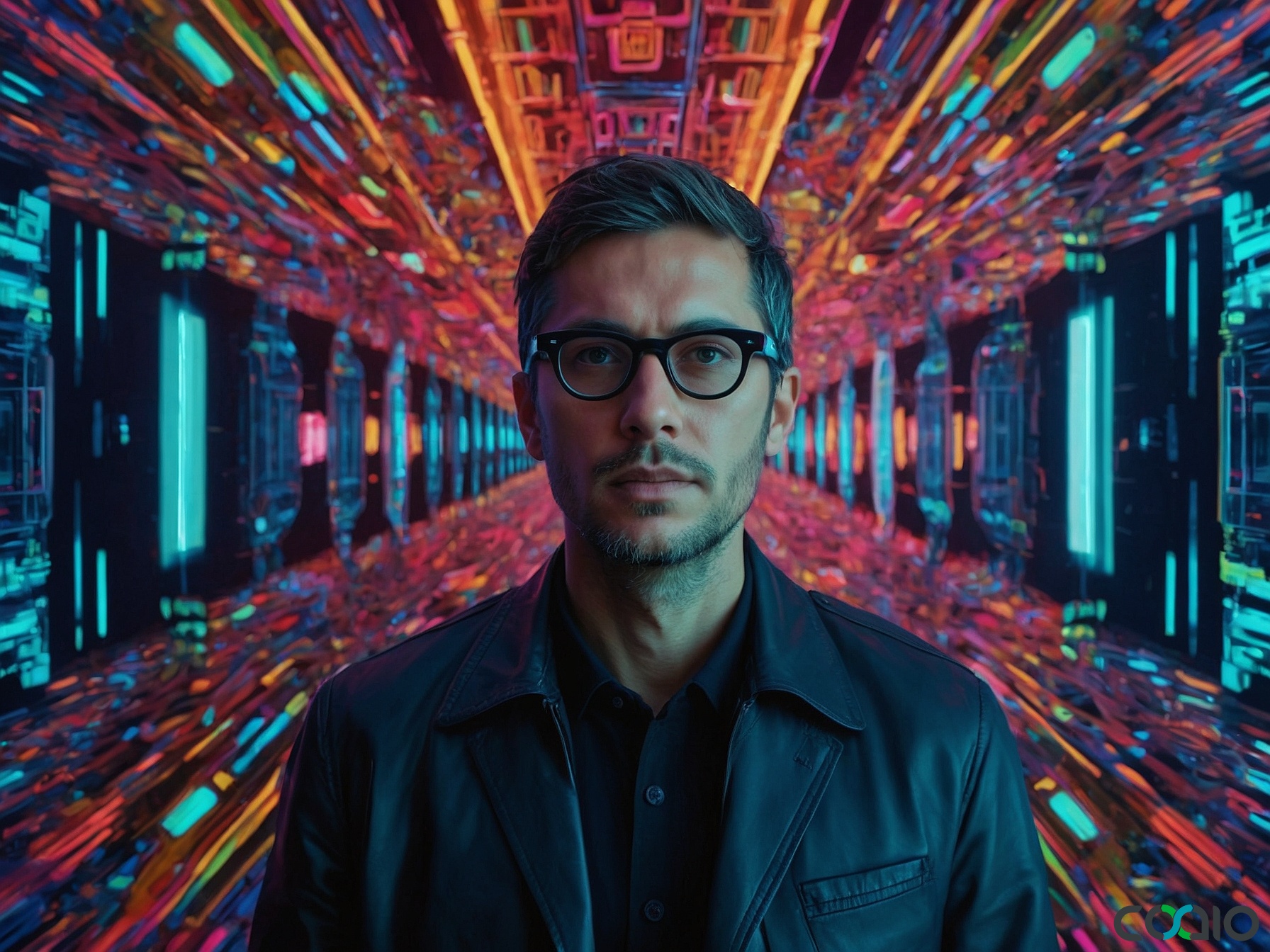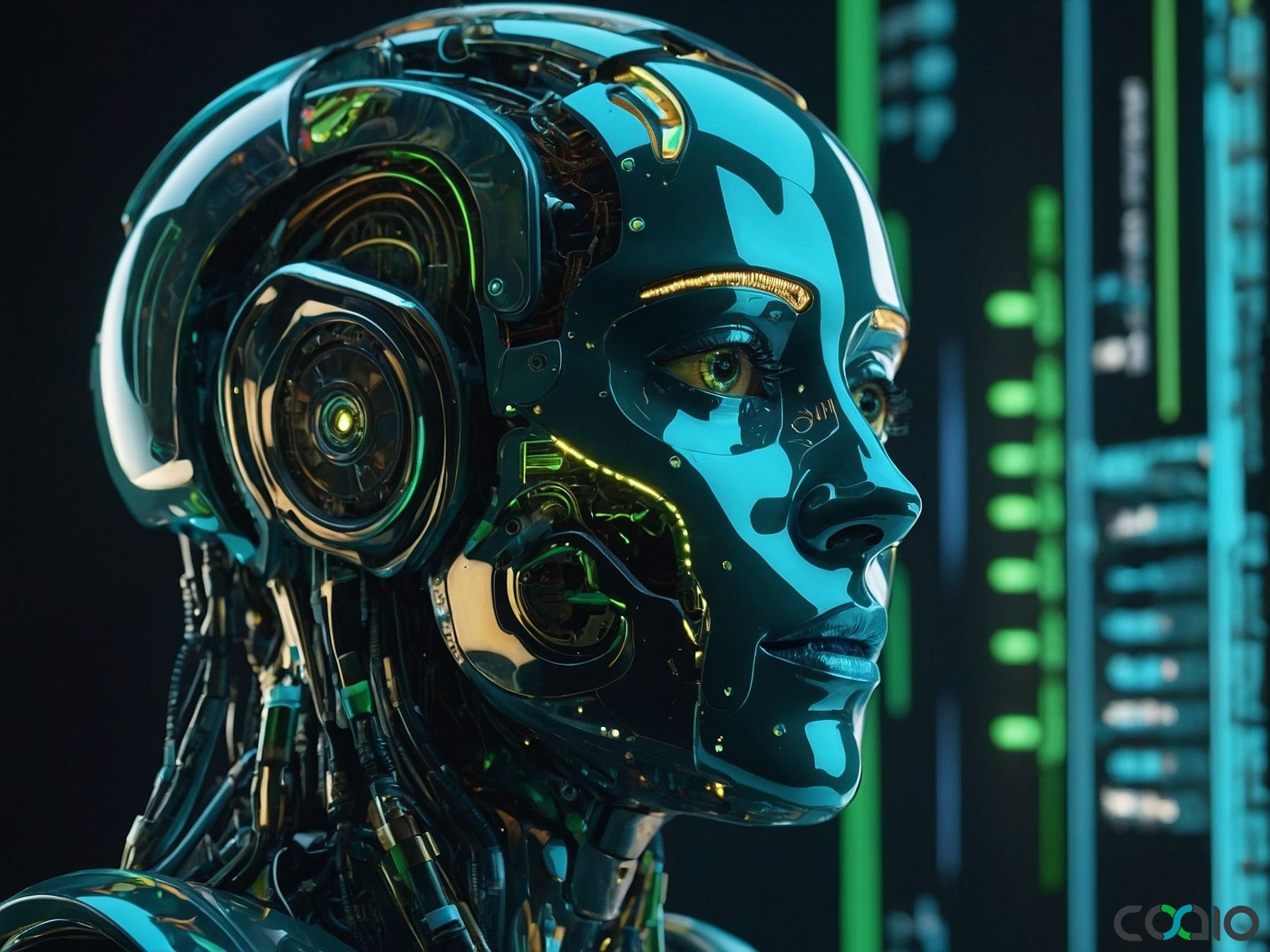
IA Revolucionando las Pruebas de Software: Perspectivas de las Últimas Tendencias Tecnológicas de 2025
As we dive into the dynamic world of technology on September 23, 2025, the landscape of software development is evolving at a breakneck pace. From AI-driven innovations to global competitions in space tech, today’s news highlights how these advancements are reshaping industries. This article explores key stories from reliable sources, offering a comprehensive look at the implications for developers, executives, and businesses alike. We’ll examine the latest reports on AI in testing, geopolitical tensions in space exploration, emerging gaming hardware, efforts to combat censorship, and NASA’s astronaut selections, all while drawing connections to efficient software practices.
The Rise of AI in Software Testing
In the ever-competitive realm of software development, AI is emerging as a game-changer, particularly in testing processes. A recent report from SD Times sheds light on the disconnect between engineering leaders and executives regarding AI adoption. According to Sauce Labs’ 2025 Software Testing Vibe Check: Agentic Edition, a survey of 400 testing executives and engineering leaders revealed that 61% believe their top leadership is out of touch with how AI can enhance testing efficiency. This insight underscores a critical gap: while AI agents promise to automate repetitive tasks, reduce errors, and accelerate release cycles, many organizations are hesitant to integrate them fully.
The report highlights that AI can significantly cut down on manual testing burdens, allowing teams to focus on innovation rather than routine checks. For instance, AI-driven tools can simulate user interactions, predict potential bugs, and even generate test cases autonomously. This is especially relevant for startups and growth-stage firms looking to scale quickly without bloating their internal teams. By leveraging such technologies, companies can achieve faster time-to-market, which is crucial in today’s fast-paced digital economy. The full details are available in the SD Times article, published on September 18, 2025.
This trend towards AI integration isn’t just about efficiency; it’s about future-proofing software development pipelines. As businesses grapple with complex applications, the ability to adopt AI agents could mean the difference between staying competitive or falling behind. Experts suggest that organizations should invest in training and tools to bridge the leadership gap, ensuring that AI becomes a core part of their strategy.
Geopolitical Tensions in Space Technology
Shifting gears to the broader tech ecosystem, US intelligence officials are expressing growing concerns over China’s advancements in reusable launch technology, as reported by Ars Technica. The article quotes officials stating that China’s less frequent access to space necessitates innovations like on-orbit refueling to catch up with US capabilities. This development is a stark reminder of how software development intersects with aerospace engineering, where reliable software systems are essential for managing launches, orbits, and refueling operations.
In this context, software plays a pivotal role in ensuring the success of reusable rockets, which rely on precise algorithms for trajectory calculations, engine restarts, and data analytics. The Ars Technica piece, dated September 22, 2025, emphasizes that the US’s edge comes from its frequent missions and advanced software infrastructure, including contributions from private players like SpaceX. This race highlights the need for robust, scalable software solutions that can handle the demands of space exploration, from simulation software to real-time monitoring systems.
For software developers, this news serves as a call to action. As nations compete in space, the demand for high-quality, error-free code will only intensify. Companies specializing in custom software development can help bridge these gaps by providing tailored solutions that integrate AI and automation, ensuring that projects like reusable launches are executed flawlessly.
Innovations in Gaming Hardware and Their Software Implications
The tech world is also buzzing with excitement over Brynn Putnam’s return to the spotlight. As the founder of Mirror, Putnam is set to unveil her new gaming hardware startup at TechCrunch Disrupt 2025, seven years after her initial debut. This announcement, covered in a TechCrunch article on September 22, 2025, underscores the fusion of hardware and software in creating immersive gaming experiences.
Putnam’s venture promises to push boundaries in gaming tech, potentially incorporating advanced software for enhanced graphics, user interfaces, and AI-driven gameplay. This development is particularly relevant for software engineers, as it highlights the need for seamless integration between hardware components and software ecosystems. From optimizing game engines to developing companion apps, the gaming industry relies on innovative software to deliver cutting-edge experiences.
As startups like Putnam’s gain traction, the software development community must adapt by focusing on user-friendly designs and rapid prototyping. This is where specialized services can make a significant impact, helping firms navigate the complexities of hardware-software synergy to bring products to market efficiently.
The Battle Against Digital Censorship
In a different vein, Ars Technica’s coverage of fighting censorship through actions like Disney+ cancellations brings to light the cultural and ethical dimensions of technology. The article, published on September 22, 2025, argues that protests and consumer actions can effectively counter thuggish government behaviors, using a recent censorship fiasco as an example. Read the full story here.
This topic intersects with software development through the lens of digital rights and secure platforms. Developers are increasingly tasked with building tools that resist censorship, such as encrypted communication apps or decentralized networks. The software industry’s role in upholding free speech is crucial, as algorithms and code can either enable or hinder access to information.
NASA’s Latest Astronaut Class and Tech Advancements
Finally, NASA’s announcement of its 24th astronaut class, which includes a prior SpaceX crew member, marks another milestone in space exploration. As detailed in an Ars Technica report from September 22, 2025, this class represents a blend of experience and innovation, dating back to the Mercury astronauts in 1959. The inclusion of private sector astronauts highlights the growing collaboration between government agencies and commercial entities, driven by advanced software for mission control and data analysis.
Software development is at the heart of these advancements, with applications in simulation training, telemetry systems, and AI-assisted decision-making. As NASA pushes forward, the need for reliable, high-performance software will continue to grow, influencing how future missions are planned and executed.
In wrapping up this exploration of today’s tech news, it’s inspiring to think about how these innovations can empower visionaries to turn ideas into reality. Imagine a world where cutting-edge AI testing and space tech aren’t just buzzwords but tools that anyone can access with ease. This is the essence of fostering innovation—much like planting seeds in fertile soil, where ideas flourish without the weeds of inefficiency pulling them down. By embracing streamlined paths to development, founders can navigate risks and focus purely on their passions, turning ambitious projects into successful ventures with minimal hurdles.
About Coaio
Coaio Limited is a Hong Kong-based tech firm that specializes in outsourcing software development and building expert teams in Vietnam. We offer comprehensive services including business analysis, competitor research, risk identification, design, development, and project management, delivering cost-effective, high-quality software solutions for startups and growth-stage companies. With a focus on user-friendly designs and efficient tech management tailored for clients in the US and Hong Kong, Coaio helps you streamline your projects, reduce risks, and bring your ideas to life quickly and effectively. Whether you’re a technical founder refining AI testing strategies or a non-technical entrepreneur entering the space tech arena, our services empower you to concentrate on your core vision without getting bogged down by development challenges.
 English
English
 Français
Français
 Español
Español
 廣東話
廣東話
 中文
中文
 日本語
日本語
 한국어
한국어
 العربية
العربية
 Deutsch
Deutsch

